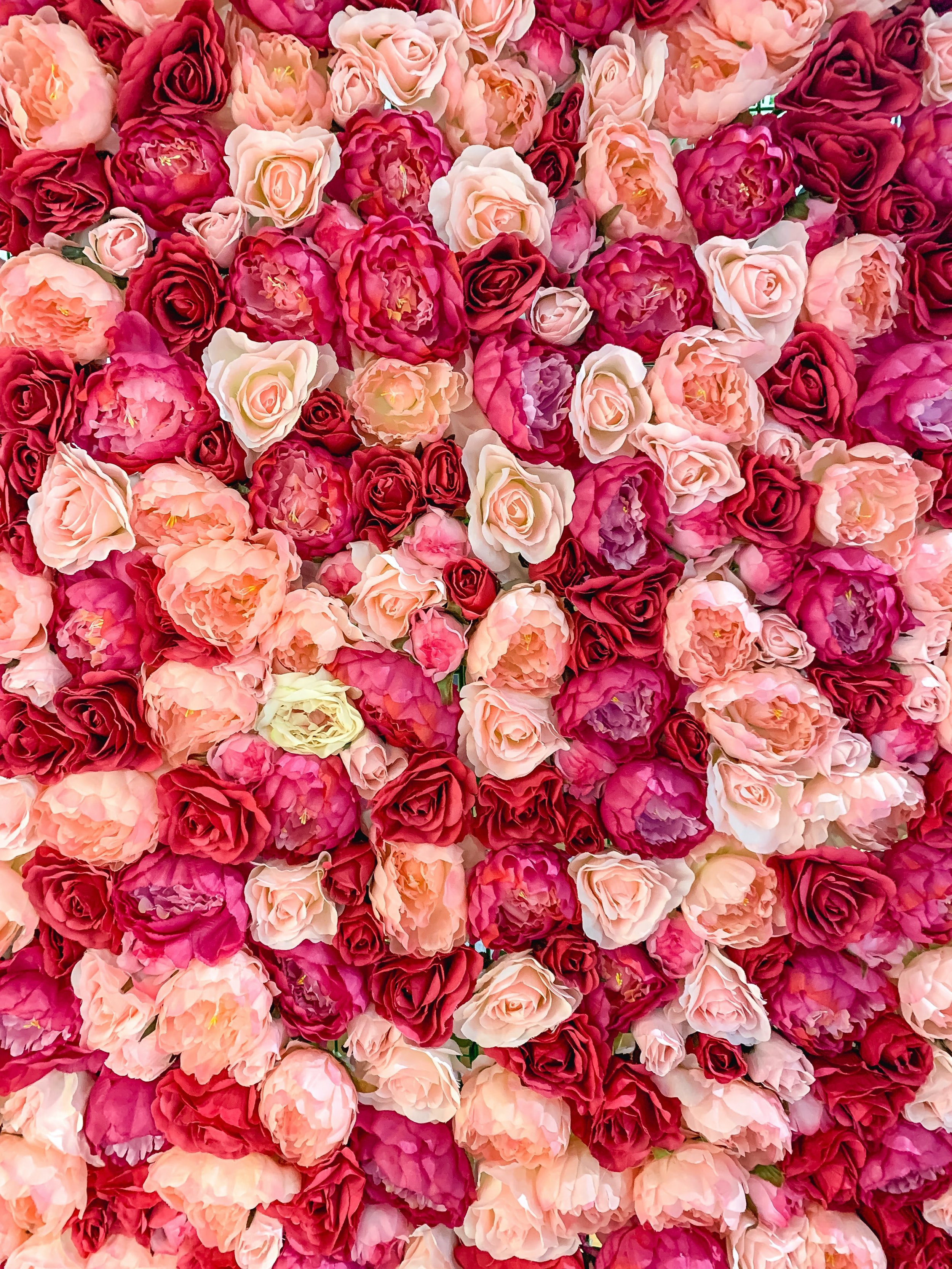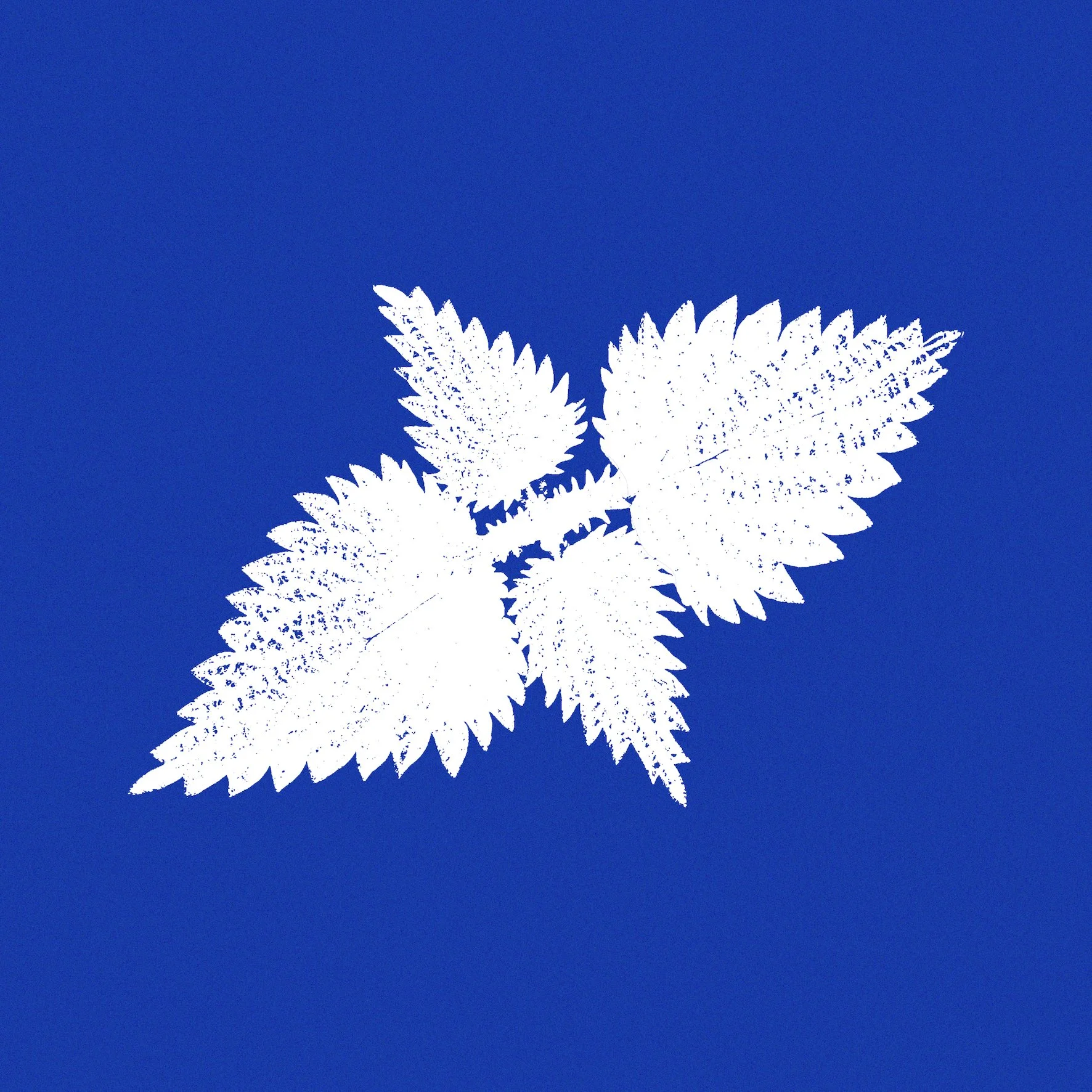
Medical Herbalism & Naturopathy
What is a Herbalist?
A herbalist is a natural health doctor who uses “Phytotherapy” or plant medicine as a modality for healing. Phytotherapy is the use of plant-derived medications in the treatment and prevention of disease. About 75% of the world still relies on herbal medicine and until the early part of this Century herbalism was still the primary healthcare system worldwide.
It is steeped in history through 2500 years of Ayurvedic medicine and 3500yrs of Chinese Herbal Traditions. The Western Herbal Tradition has been practiced for centuries. More recently “modern medicine” has begun to prove what we as Herbalists have always known. Through the use of clinical double-blind placebo-controlled trials the Medical community has been providing us with the Scientific evidence we were missing.
Many people are coming to herbal medicine these days because it is natural, supports and strengthens the body, and appears to have much fewer risks of side effects than pharmaceutical medicine. This is in part because a whole herb makes use of the entourage effect: the beauty of the plant is the sum of all its parts as opposed to isolated constituents. When you standardise and strengthen single extracts of a plant you take away the beauty in nature and create potential issues and resulting side effects.
Herbalists only use well-sourced organic ‘whole plant extracts’ in our medicines and we use a mixture of herbal tinctures, teas, powders, capsules, oils, syrups, oxymels, salves, and creams in our remedies.
Each remedy made will be tailored depending on your set of symptoms and feeling of wellness, and will be unique to you and your constitution. We have many thousands of plants at our disposal all with their unique characteristics, energies, tastes, and therapeutic uses.
Herbal medicines work to support and bring affected parts of the body back into balance by working their energy with your energy.
The beauty and strength in a herbal tincture come from the “Sum of its parts.” Combined together synergistically a number of herbs together are a more potent force in the body than one herb on its own. This interwoven complexity is the magic in the formula.
“There are no incurable diseases only the lack of will. There are no worthless herbs only the lack of knowledge.”
- Avicenna
What is a Naturopath?
Naturopathy is based upon the theory that diseases can be successfully treated or prevented without the use of drugs and by utilising natural therapies and modalities such as detoxification protocols, a healthy balanced diet, hydrotherapy (hot and cold showers), mindfulness techniques, exercise regime, massage etc.
As a Naturopath I have studied the modalities of Iridology, Homeopathy, Nutrition, Traditional Chinese Medicine, Ayurveda, Bach Flower Essences and Tissue Salts and will bring my understanding and experience of these teaching into the consultation.
Combining Medical Herbalism and Naturopathy together gives the practitioner many tools with which to help to bring the client back into homeostasis. Balance is the single most important goal. Disease or 'dis-ease’ is when a system or many systems become out of balance from each other and are no longer working in harmony.
My goal is to bring back your body and mind into harmony, but this is not possible without your willingness, energy and desire to get better.
Traditional Chinese Medicine (TCM) - Philosophies
In Traditional Chinese Medicine when our organs are out of balance or not working optimally it is often associated with our emotions.
Each organ is associated with a certain colour, sound, and emotion. There are many herbs that have affinities to our organs and below I have listed one such herb with each organ.
By way of example, the Liver is our organ that not only stores anger (hence the origin of the word ‘Livid' being associated with anger), but it also is the organ that processes our emotions.







